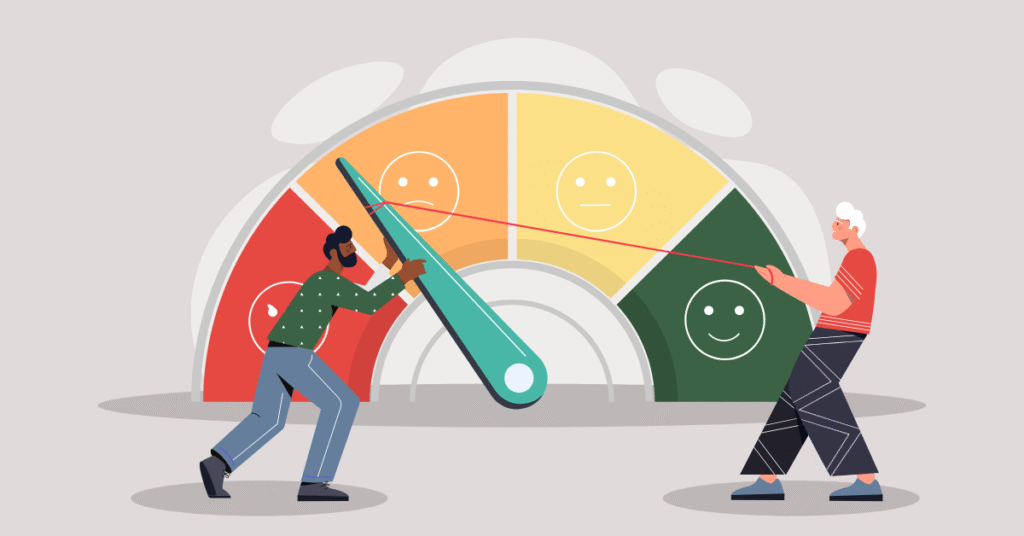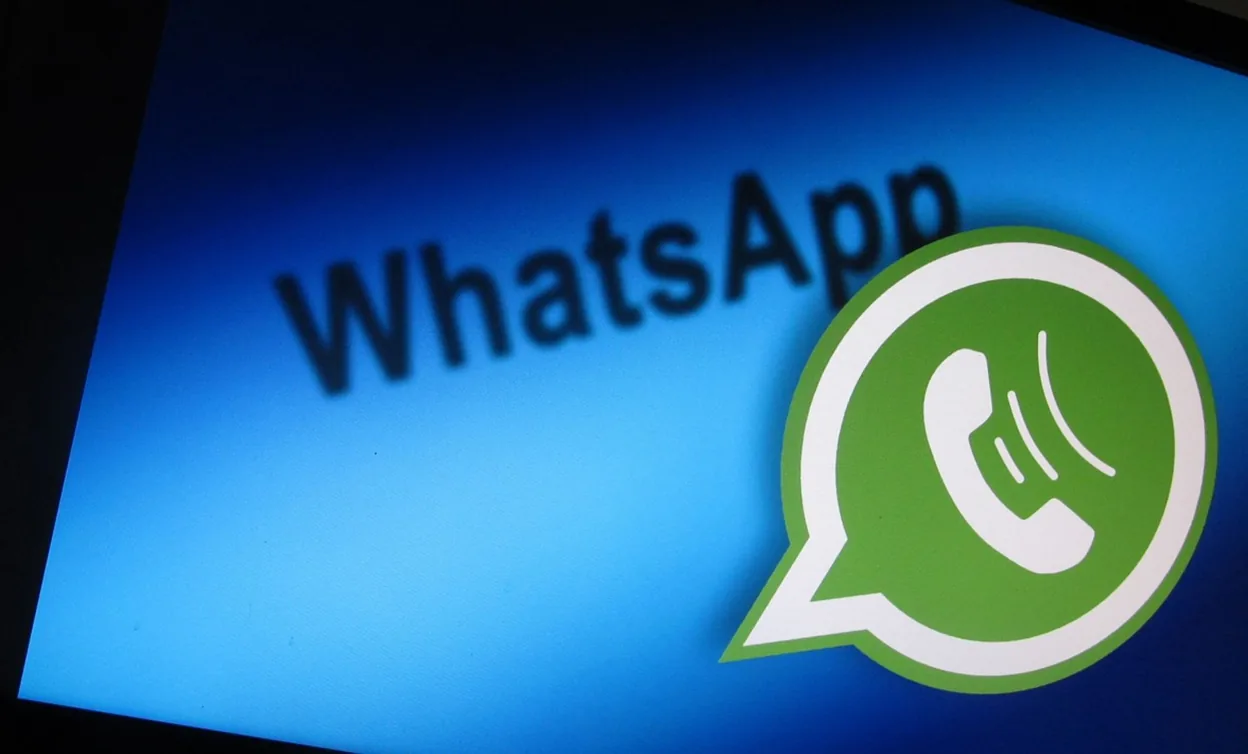May 31, 2025 — Global Tech News Desk
In a significant move that underscores the rapid evolution of mobile technology, WhatsApp, the world’s most widely used messaging platform, has officially ceased support for older operating systems. Effective today, the application will no longer function on iPhones running versions earlier than iOS 15.1 and Android devices using software older than Android 5.1. The decision impacts millions of users worldwide and signals a broader shift in the mobile industry’s expectations for security, performance, and technological advancement.
As the digital ecosystem continues to evolve, WhatsApp’s latest update demonstrates the growing importance of maintaining current software versions—not just for access to new features but also to ensure robust cybersecurity protocols. This announcement aligns with Meta’s broader agenda of refining user experience while safeguarding communications in an increasingly hostile digital environment.
A Decade of Growth Meets a Decade of Change
Since its acquisition by Meta (formerly Facebook) in 2014, WhatsApp has continuously adapted to changes in technology and user behavior. With over 2.7 billion monthly active users as of early 2025, the platform’s influence is second to none. However, such dominance brings responsibility: maintaining performance standards, ensuring data privacy, and enabling cross-platform compatibility.
Older operating systems, while still in use in emerging markets and among users with legacy devices, represent a significant challenge for developers. They lack the performance capabilities, security architecture, and memory resources required to support modern app functionalities. By phasing out support for these outdated systems, WhatsApp is prioritizing a streamlined and secure experience for the majority of its user base.
Why iOS 15.1 and Android 5.1?
The decision to set iOS 15.1 and Android 5.1 as the baseline was not arbitrary. These versions introduce several key architectural enhancements that are critical for supporting contemporary features like end-to-end encryption improvements, backup and restore functionality on cloud services, and seamless media sharing.
Apple’s iOS 15.1, for example, includes updates to FaceTime, enhanced security patches, and support for newer APIs that facilitate app responsiveness and battery optimization. Similarly, Android 5.1 (Lollipop), though initially released in 2015, is seen as a minimum viable framework that allows applications to function without excessive backward compatibility concessions.
What This Means for Users
Users operating devices below these thresholds will be met with a notification indicating the end of support. While the app may still launch, core features such as sending or receiving messages, accessing media, or initiating calls will become unstable or entirely unavailable.
The only viable option for affected users is to upgrade to a compatible device or operating system. For those in regions where economic or infrastructure limitations make regular device upgrades challenging, this change could represent a significant barrier to digital communication.
WhatsApp’s Official Statement
In an official statement released earlier today, a WhatsApp spokesperson emphasized the importance of this update:
“To ensure that our users enjoy the most secure and feature-rich experience, we periodically phase out support for older operating systems. This allows our development teams to focus on innovations that reflect modern user expectations and technological capabilities.”
The company also pointed users to its support page for a complete list of supported devices and instructions on how to migrate chats or upgrade devices.
A Broader Trend in Tech
WhatsApp’s move is part of a broader industry trend. Major tech companies like Google, Apple, and Microsoft regularly discontinue support for legacy systems to streamline development efforts and enhance performance. While such decisions often receive backlash from sections of the user base, they are typically driven by the need to reduce security vulnerabilities and optimize for modern hardware.
In the era of Artificial Intelligence, edge computing, and machine learning, legacy systems simply cannot keep up with the data demands and processing capabilities required for modern apps. WhatsApp’s development teams are increasingly leveraging AI tools to enhance chat experiences—from predictive text and automated replies to spam filtering and conversational AI features.
One clear example is WhatsApp’s rumored upcoming integration of AI chat assistants, which will not only help users manage their messages but also suggest actions, organize conversations, and even perform tasks across Meta’s ecosystem. This would be impossible to execute reliably on outdated software frameworks.
Explore more insights like this in our AI News and press release updates on TechThrilled Press Releases.
Cybersecurity and Privacy Considerations
The phasing out of older devices is not merely about performance. One of the most pressing concerns today is cybersecurity. Older operating systems are often no longer patched for vulnerabilities, making them easy targets for malicious actors. Given that WhatsApp facilitates more than 100 billion messages per day, even a small percentage of compromised devices could represent a significant attack vector.
By limiting access to users on up-to-date platforms, WhatsApp can more effectively implement modern encryption protocols, detect threats, and ensure data integrity. This proactive approach aligns with industry-wide best practices in digital safety and data science.
Market Impact and User Sentiment

The market reaction to WhatsApp’s announcement has been mixed. While many applauded the move as necessary and future-forward, others—particularly in lower-income countries—expressed frustration. For users in regions where device replacement is not feasible due to economic constraints, losing access to WhatsApp can disrupt not only social connectivity but also small businesses and community services that rely on the platform for daily communication.
Tech analysts note that while such decisions are difficult, they often prompt innovation and drive demand for more affordable, updated devices. Already, manufacturers in markets like India, Southeast Asia, and parts of Africa are ramping up production of budget smartphones that meet the new minimum OS requirements.
According to research by Counterpoint, over 12% of smartphones in use globally still operate on Android versions below 5.1. While that number is declining rapidly, it still represents hundreds of millions of users. WhatsApp’s update may accelerate this decline and encourage faster adoption of modern devices and platforms.
Developer Perspective: The Balance Between Legacy and Innovation
From a development standpoint, continuing to support outdated operating systems is costly and inefficient. It requires maintaining parallel codebases, testing multiple configurations, and making trade-offs that could limit the potential of new features.
WhatsApp developers have long struggled with fragmentation—especially in the Android ecosystem, where dozens of different hardware and software combinations must be considered. This update will reduce that complexity, allowing engineering teams to focus on building next-gen experiences.
With growing integration of blockchain, Web3, and advanced encryption technologies, WhatsApp’s infrastructure is being reimagined for the future. The elimination of legacy system support can be seen as foundational to that transformation.
Looking Ahead: What’s Next for WhatsApp?
As Meta continues to pivot toward a metaverse-centric strategy and AI-enabled experiences, WhatsApp remains a crucial piece of its digital puzzle. The platform is expected to roll out several high-impact features in the coming months, including:
- Enhanced AI chatbots for business and personal use
- Seamless integration with Facebook Marketplace and Instagram Shops
- Blockchain-based digital identity solutions for secure verification
- Cross-platform compatibility with VR and AR headsets
These innovations are firmly rooted in modern operating systems and high-performance hardware. Removing support for outdated devices is, therefore, not just a clean-up operation—it is an essential prerequisite for the future roadmap.
Final Thoughts
While the end of support for older devices may inconvenience some users, it represents a clear commitment to progress, safety, and innovation. In today’s rapidly evolving tech news landscape, companies like WhatsApp must make tough decisions to remain relevant, effective, and secure.
Users who find themselves impacted by this change are encouraged to explore their upgrade options and stay informed about their device’s compatibility with the latest apps and services.
As we stand on the cusp of deeper integration between communication platforms and emerging technologies like Web3, AI, and tokenomics, adaptability is no longer a luxury—it’s a necessity. WhatsApp’s update serves as a timely reminder of the importance of staying current in a digital world that moves faster than ever.
For more updates and insights on the evolution of digital platforms, mobile ecosystems, and AI-driven communication, stay connected with TechThrilled.
